Dear friends,
In September 2019, the Global Preparedness Monitoring Board, of which I was co-Chair, warned that the world was at great risk of an imminent lethal pandemic. The Board highlighted the alarming gaps in global preparedness against health emergencies, and our concern turned out to be well-founded when the COVID-19 pandemic struck just three months later. Since then, my fellow Elders and I have continued to highlight this dangerous lack of preparedness and the vital importance of multilateralism in tackling this deadly disease.
While the number of coronavirus cases in my home country of Norway and elsewhere have significantly reduced since the start of 2022, it is evident that the pandemic is not over yet. In an issue disproportionately affecting poorer countries, millions of people still do not have access to coronavirus vaccinations. Throughout the world, the pandemic has made the danger of chronic underinvestment in public health services cruelly obvious.
Writing for The Lancet last month, I explored how investing in primary health care not only protects those who are most vulnerable in society but also strengthens our collective health security. When public funds are spent as efficiently and equitably as possible, we can maximise health benefits for the most people. Health is a human right, and we must not leave anyone behind as the world rebuilds after COVID-19.
I hope the importance of primary health care is discussed at the upcoming World Health Assembly. As a former Director-General of the World Health Organisation, I have seen the challenges of international decision-making processes, but also the significant benefits that can be achieved when nations act with a sense of shared responsibility.
International cooperation and effective multilateral institutions are key to tackling the most pressing challenges of our current times, from the climate crisis to devastating conflicts. In April, our Deputy Chair Graça Machel spoke to Sky News in a feature interview on climate justice ahead of the COP27 climate summit in Egypt in November.
On Ukraine, The Elders voiced their support for the suspension of Russia from the UN Human Rights Council and continued to press for the establishment of a special tribunal to investigate alleged crimes of aggression carried out by Russia.
Yet, while this could be an important move towards challenging human rights violations and ending atrocities in Ukraine, Mary Robinson rightly noted the need for a sea-change to ensure human rights are protected in this way everywhere, including in conflict situations that do not attract such prominent attention from world leaders and the media.
Later this month, I will join my fellow Elders in South Africa for our bi-annual board meeting. This is a crucial time for us to discuss our achievements so far and set out our focus for the coming year. This board meeting will be especially significant, as we return to the home of our founder, Nelson Mandela, and the country where our journey began in 2007.
Mandela’s original vision for our group was to work in the interests of peace and justice for all humanity. In the face of today’s challenges, this mandate remains as relevant as ever, and we will carry his legacy onwards as we mark our 15th anniversary this year.
Mandela believed in people’s inherent capacity for forgiveness and goodness. As Elders, we will continue to assert that we can only forge a fairer, safer world by working together, for each other, and in the spirit of our common humanity.
With thanks for your ongoing support,
Gro Harlem Brundtland
03/05/2022






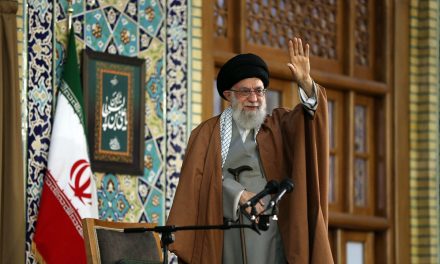



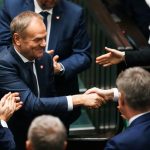

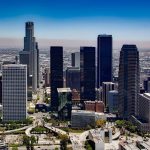


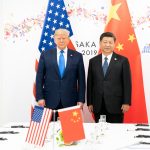


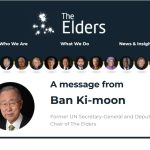


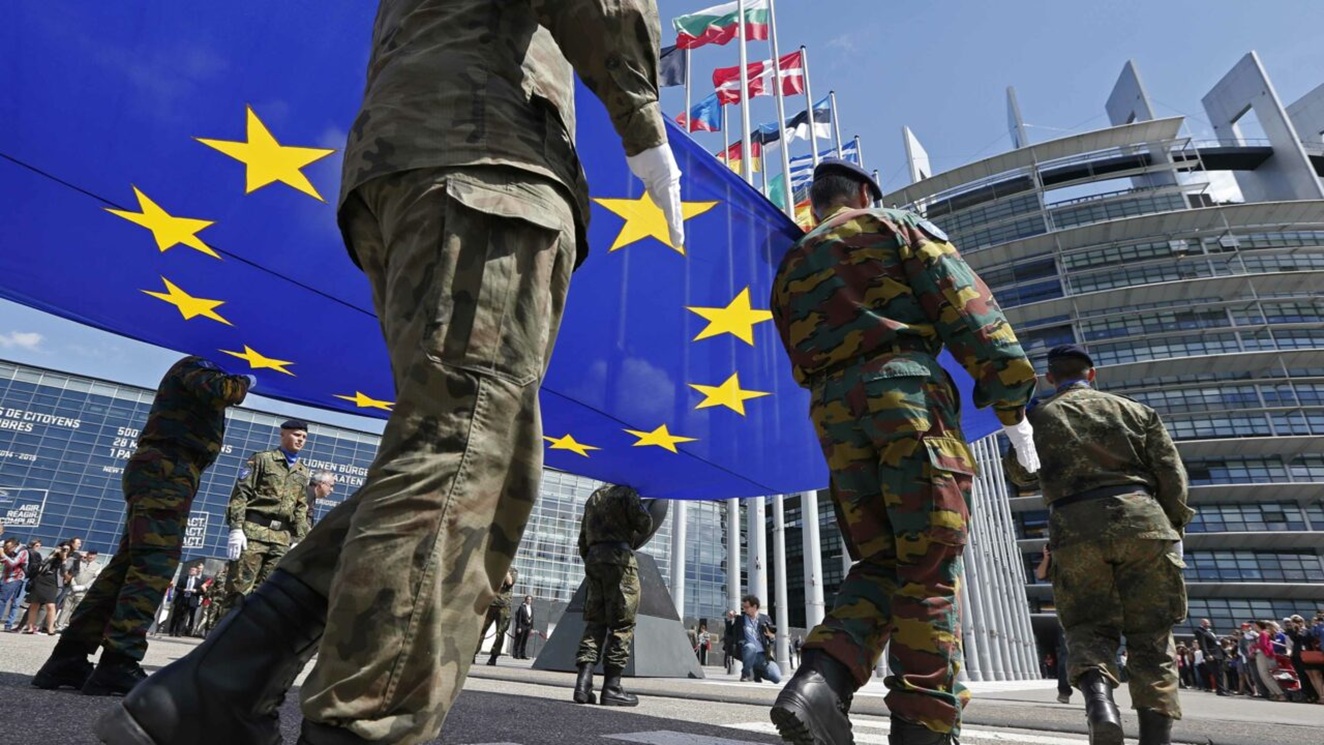
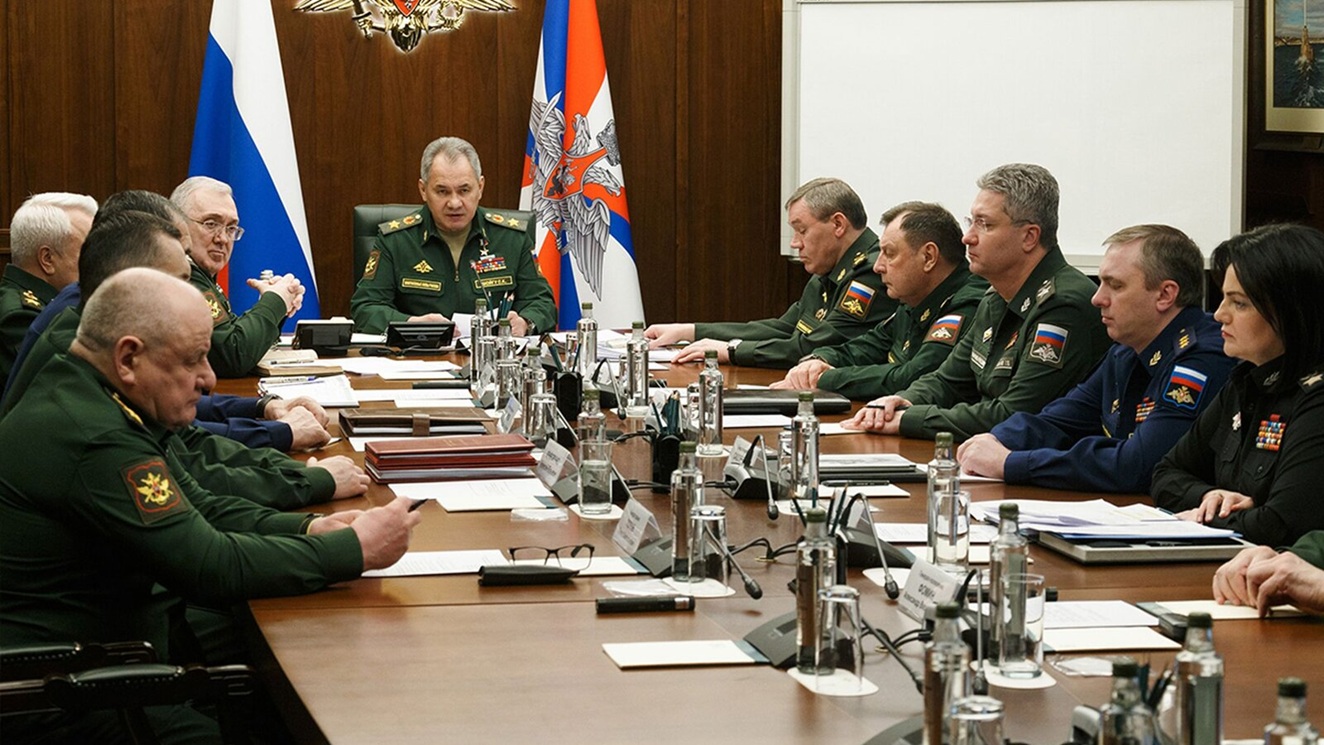
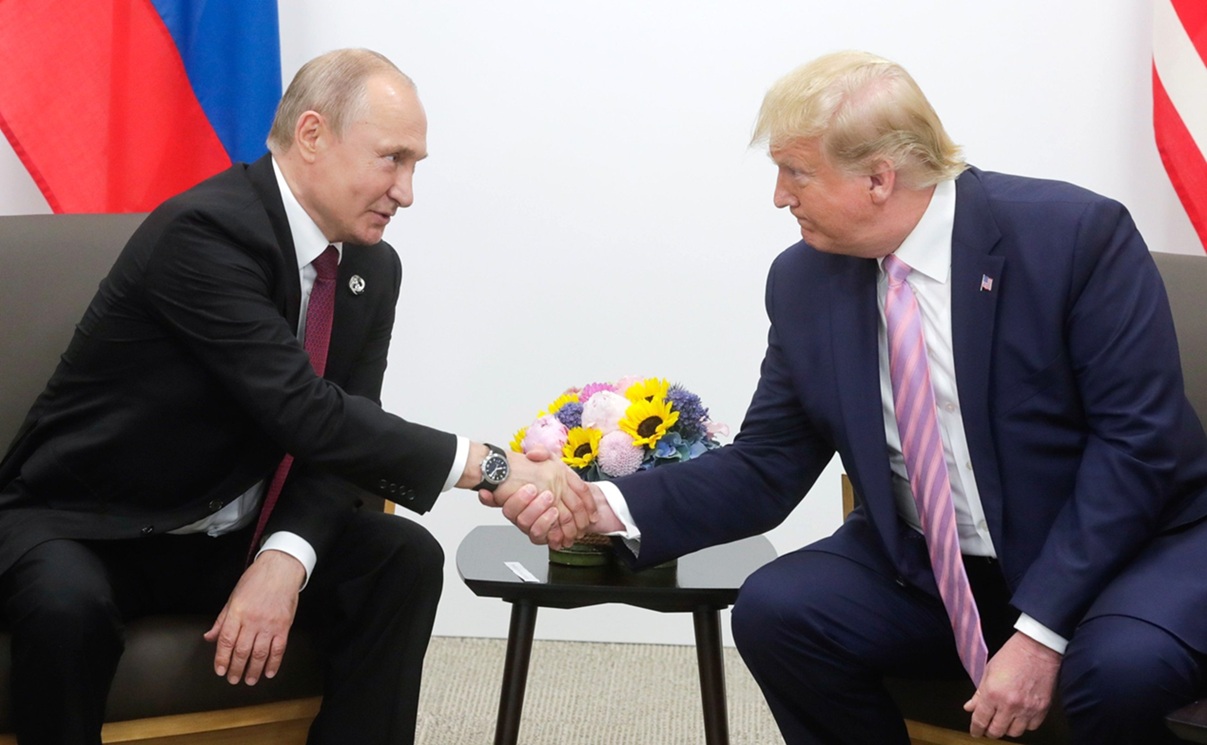
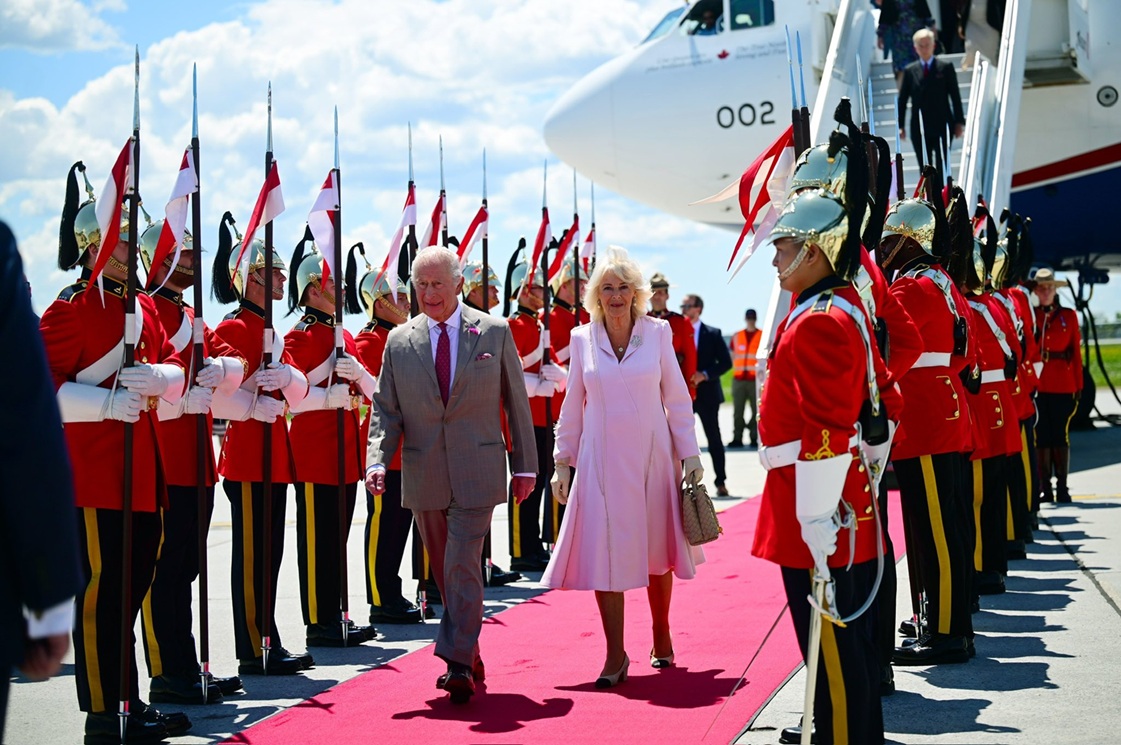
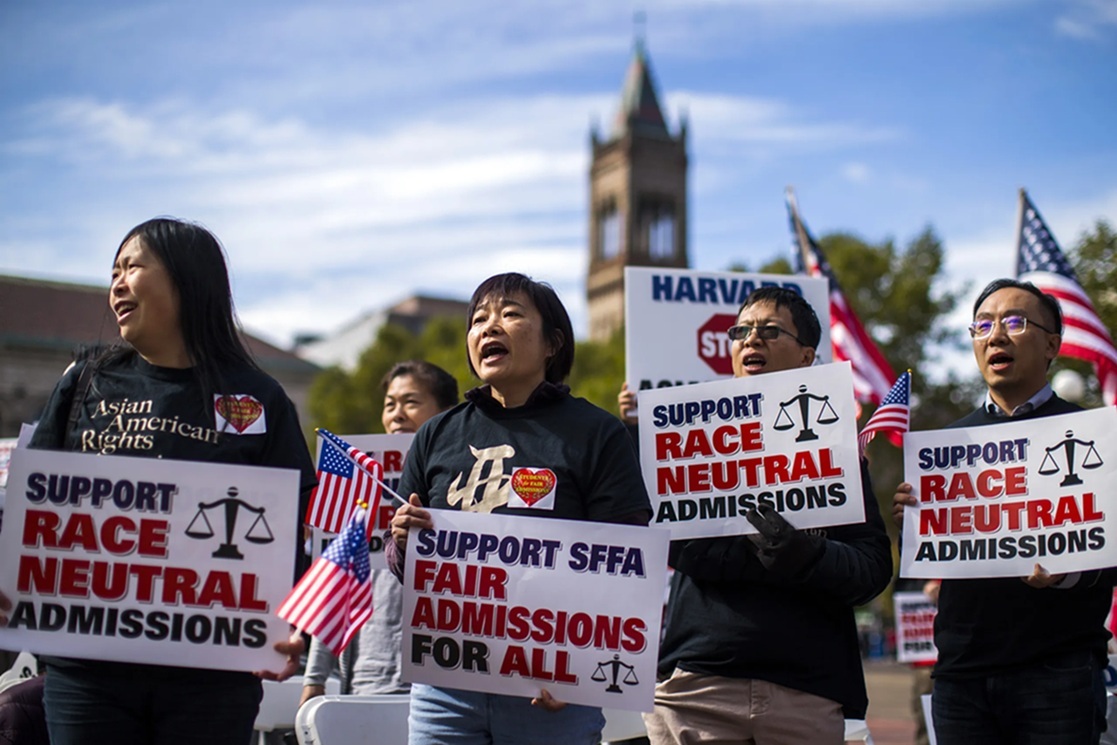

Very nice write-up. I absolutely appreciate this site. Stick with it!